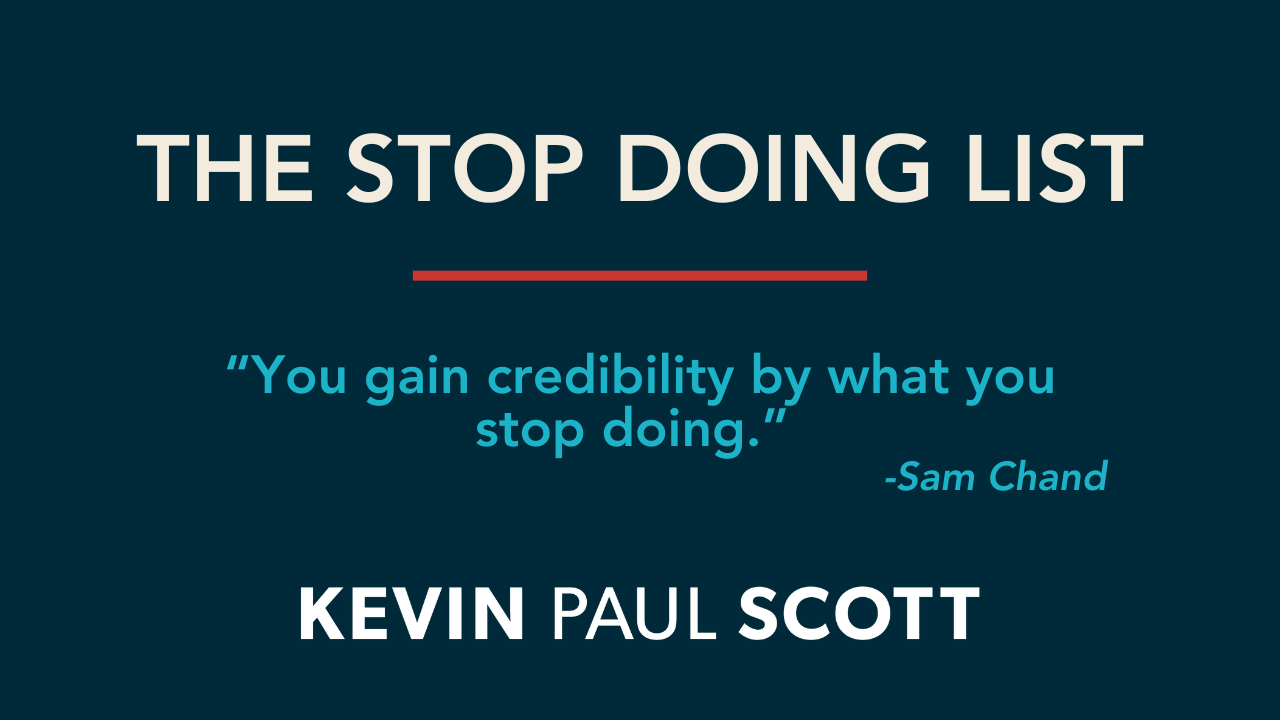I want you to take a journey with me back to your childhood. What was the most ridiculous gift you ever asked for? If you really think about it, you probably remember some pretty outlandish requests. In fact, I’d be willing to bet that 90% of the people reading this asked their parents for a horse at some point, even though you grew up in the city or the suburbs and owning a horse wouldn’t be practical at all.
When we were children, we asked for whatever we desired, regardless of feasibility or cost. However, as we get older, we become more self-aware, so we stop making crazy requests. While that can certainly be a good thing, too often we allow embarrassment or fear to keep us from asking for what would make a huge difference, both for us and others.
One of the greatest lessons that Garrett—my good friend and business partner—has taught me over the years is to not be afraid to ask. When he started a non-profit, he was a 22-year-old recent college graduate and asked the head football coach at the university to join his board. When we started a business together, Garrett wasn’t afraid to ask for the money we needed to get going. When he wrote his most recent book, he asked for endorsements from some of the top celebrities in the world. (Many of them said yes!) I admire his bravado and lack of fear.
For too many people reading this, there is something you have always wanted, and you’ve been too afraid to go for it or ask for it.
I hope this blog will push you out of your comfort zone and challenge you to make the ask.
John D. Rockefeller Jr. challenged this fear when he said, "Never think you need to apologize for asking someone to give to a worthy cause, any more than as though you were giving him or her an opportunity to participate in a high-grade investment. The duty of giving is as much his or hers as is the duty of asking yours."
There are people who have always wanted to go on a mission trip, but they’re afraid to ask family and friends for money. If that is you, don’t wait any longer.
If you’re passionate about feeding the hungry, send the email, make the call, and don’t be afraid to ask people to support you by donating food, service, or time.
If there is a mentor you’ve been seeking, ask them to spend time with you, so you can learn from them.
If there is a project you’d like to work on at your job, don’t be afraid to ask your manager to let you join the team.
I’m not promising that someone will always say “yes.” But when you actually have the courage to ask, two things happen: 1) a surprising amount of times people do say yes, and 2) hearing “no” doesn’t hurt nearly as much as you think it will. In our minds, somebody saying “no” feels like the sky will fall, our ego will permanently break, and we’ll have to wear a sign around our neck that says, “Somebody said ‘no’ to me.” In reality, once someone says “no,” you realize it’s not that bad, and in some strange way, it gives you more courage to ask more often.
When you actually have the courage to ask, two things happen: 1) a surprising amount of times people do say yes, and 2) hearing “no” doesn’t hurt nearly as much as you think it will.
The people that I’ve met who have the biggest impact are the people who have gotten over their fear of what everyone else thinks about them. These people are not afraid to ask, especially when what they are asking for is good, valuable, and worthy.

























.svg)




